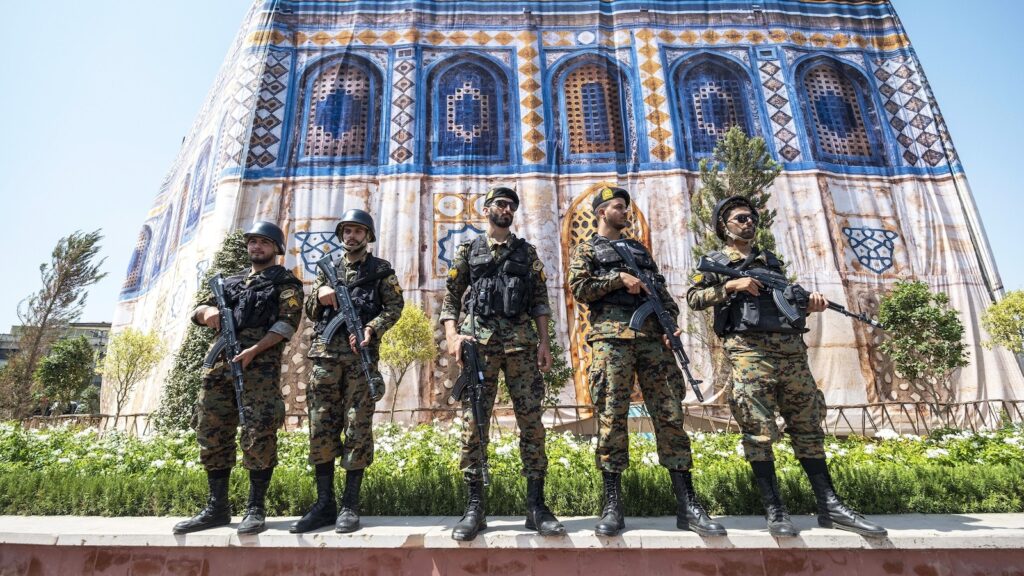
TEHRAN – In a swift and controversial move, Iran executed three men accused of espionage for Israel, intensifying its crackdown in the wake of recent hostilities.
The Islamic Republic’s judiciary announced the executions, which occurred just days after a ceasefire ended a 12-day conflict with Israel. This brings the total number of executions on similar charges to six since the conflict began.
Immediate Impact
The executions were part of what Iranian authorities have dubbed a “season of traitor-killing,” according to the ISNA News Agency. The men were allegedly working with Israel’s Mossad intelligence agency, although human rights activists dispute these claims.
“This is a very corrupt regime, and there is no due process in Iran,” said Azadeh Pourzand, a Middle East and human rights expert, speaking to ABC News.
The judiciary’s actions have sparked international concern, with critics pointing to the lack of fair trials and the swift nature of the executions.
Key Details Emerge
Iran’s judiciary claims the executed men were involved in espionage activities, though activists argue they were Kurdish day-laborers without access to sensitive information. The timing of the executions, coming so soon after the ceasefire, has raised questions about the regime’s motives.
Meanwhile, armed members of Iran’s special police forces maintain a visible presence in Tehran, monitoring rallies and public gatherings.
By the Numbers
The recent conflict resulted in at least 627 deaths and 4,870 injuries, with significant infrastructure damage reported across Iran.
Iranian authorities have also arrested over 700 individuals accused of having ties to Israel, according to state media reports.
Expert Analysis
Azadeh Pourzand, a senior fellow at the Centre for Middle East and Global Order, warns of a systematic and rigid form of repression in the post-war atmosphere.
“This is collective punishment against ordinary people … to instill fear domestically and make points internationally,” Pourzand stated.
Critics argue that the regime’s actions follow a long-standing pattern of controlling the narrative through misinformation and disinformation.
Background Context
The conflict with Israel has stirred mixed emotions among Iranians, many of whom are still reeling from the state’s crackdown on the 2022 “Woman, Life, Freedom” protests. The protests, triggered by the death of Mahsa Jina Amini in police custody, resulted in hundreds of deaths and thousands of arrests.
Despite initial hopes that Israel might support their quest for freedom, many Iranians remain skeptical of external motivations.
What Comes Next
Iran’s Supreme Leader Ayatollah Ali Khamenei recently appeared in a televised address, praising Iran’s military actions during the conflict. However, there are concerns that the regime’s heavy-handed approach will continue to target its own citizens.
“What’s already started is quite horrific,” Pourzand commented. “Unfortunately, I think what’s coming will be even worse.”
As the world shifts its focus elsewhere, the Iranian regime seems determined to assert its control, leaving many citizens anxious about the future.






